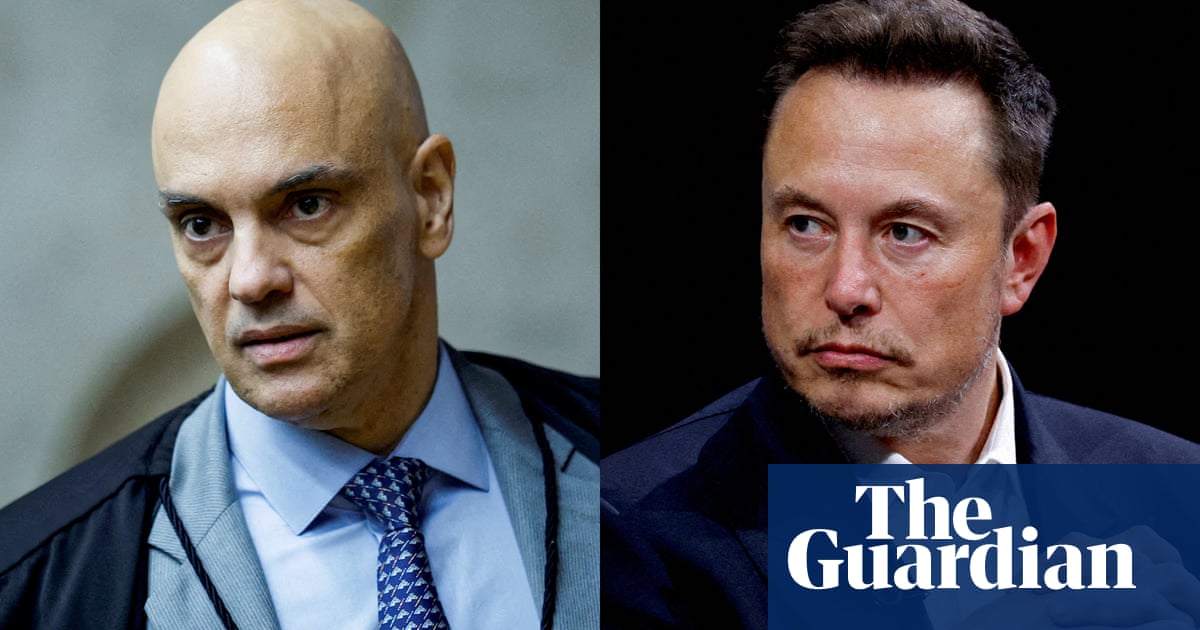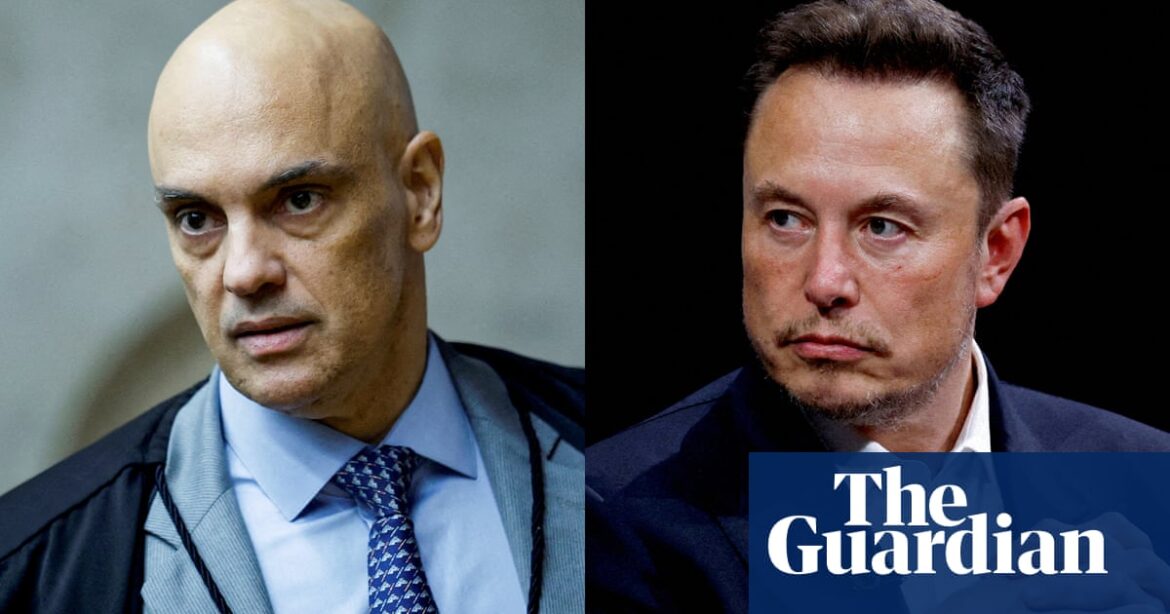
Social media platform X, formerly known as Twitter, became accessible to many users in Brazil on Wednesday as an update to its communications network circumvented a block ordered by the country’s supreme court.
The X update used cloud services offered by third parties, namely the security firm Cloudflare, allowing some Brazilian users to take a route outside of the country to reach X, even without a virtual private network, according to Abrint, the Brazilian Association of Internet and Telecommunications Providers.
The number of Brazilians accessing X is unknown, according to Abrint.
“I believe the change was probably intentional. Why would X use a third-party service that ends up being slower than its own?” said Basilio Perez, a board member at Abrint.
Last month, after a months-long dispute between the X owner, Elon Musk, and Brazilian justice Alexandre de Moraes, the supreme court ordered Brazil’s mobile and internet service providers to block the platform. Access to X was shut within hours. Initially, Musk’s satellite internet service provider Starlink said it would continue to allow access to X in defiance of the ban, but it backtracked those proclamations.
Perez added it would be difficult to block X a second time because of the technical change and the ubiquity of Cloudflare, meaning prohibiting access to its services could jeopardize government agencies and financial services providers: “You can’t just block Cloudflare because you would block half of the internet.”
However, by the end of the day on Wednesday, Brazil’s national telecommunications agency, Anatel, seemed to think it could restore the block on X. Cloudfare began cooperating with Anatel and said it would isolate X’s internet traffic, according to the New York Times. That move would make it easier to target and block X. Cloudfare did not immediately respond to a request for comment.
In a statement tweeted from X’s global government affairs account, the company said the restoration of service was an “inadvertent and temporary” side-effect of switching network providers. The block ordered in Brazil affected its internet infrastructure that allowed it to provide service to the rest of Latin America, according to the company.
“While we expect the platform to be inaccessible again shortly, we continue efforts to work with the Brazilian government to return very soon for the people of Brazil,” the statement read.
Any revised order from Anatel, which is responsible for implementing the court ruling, will need to be more specific, according to Perez. Anatel has identified the problem and is working to first notify content delivery network providers, followed by telecom companies, to block access again to X in Brazil, according to a person familiar with the situation. The same person said it was not clear how long it will take for the providers to comply with the order.
The day before X became available once again, the White House had criticized Brazil’s digital embargo.
“When it comes to social media, we have been very clear that we think that folks should have access to social media. It’s a form of freedom of speech,” said Karine Jean-Pierre, the press secretary, in response to a question from Raquel Krähenbühl, a reporter for the Brazilian outlet TV Globo.
Musk responded to the statement via X, writing: “Unexpected, but appreciated.” On Monday, the White House had called Musk “irresponsible” for posting a tweet wondering why “no one is even trying to assassinate Biden/Kamala”, which he later deleted.
Source: theguardian.com



